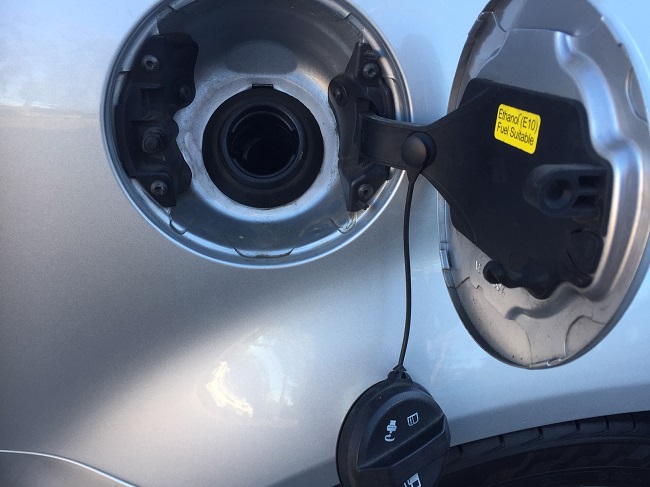Selected
- Details
- Written by Grant Broadcasters
- Category: Selected
- Hits: 202
The last thing mum to be Gabby Apollo wants to contemplate is being stuck at home.
But in a big city such as Melbourne, the challenge is being able to afford the mobility she needs to get on with life.
With utility bills and food prices rising out of hand and the cost of owning and maintaining a car for an average suburban household as much as $18,500 a year, it's a major ask.
Especially with fuel worth more than $2 a litre.
The alternative - navigating public transport with strollers and little ones in tow - is hardly attractive.
Enter KINTO, a subscription service partnered to Toyota that allows customers to "share" cars with other users without actually having to own a vehicle.
They can be accessed by the hour or day, with many available 24/7 and able to be called up from a smartphone. There's no membership or sign up fees either.
The rental option also includes insurance and a flat rate on fuel.
KINTO general manager Mark Ramsay says bookings in Queensland are up almost 600 per cent.
Things haven't caught on as quickly in NSW, where business has jumped 140 per cent. In Victoria it's doubled.
"With the return of travel, urban areas, locals in particular are hiring ... for short- and long-term use," he said.
"The fuel prices is certainly on an increase in trend again and for us it's to keep that price as stable as we can.
"People are getting out a bit more, they're selling off their car or thinking of buying another vehicle and trying some out."
In the meantime, Mr Ramsay says car owners need to shop around for fuel using a price comparison app and opt for regular pretrol instead of going for premium all the time.
Emptying the family car of extra weight and inflating tyres properly can also reduce costs.
Ms Apollo has been using KINTO for more than two years.
"I mainly hire when I'm running errands around Mornington Peninsula or Melbourne city," she said.
"I don't own a car at the moment and I'm saving up to $1000 a month.
"I would be saving about $70 on petrol a week."
Image: Newsroom
- Details
- Written by Grant Broadcasters
- Category: Selected
- Hits: 256
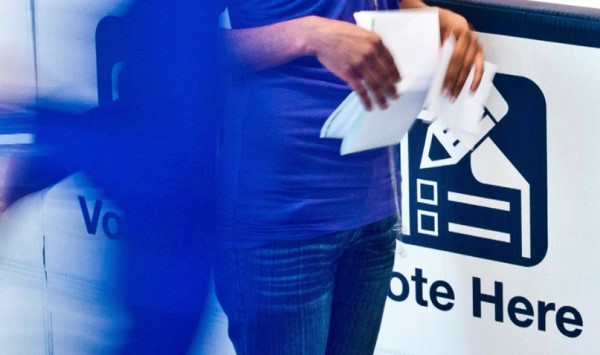
Labor's hopes for majority government are now pinned on three electorates after a fourth lower house seat went to the Greens.
Prime Minister Anthony Albanese on Saturday called last weekend's election an "outstanding result" for the party.
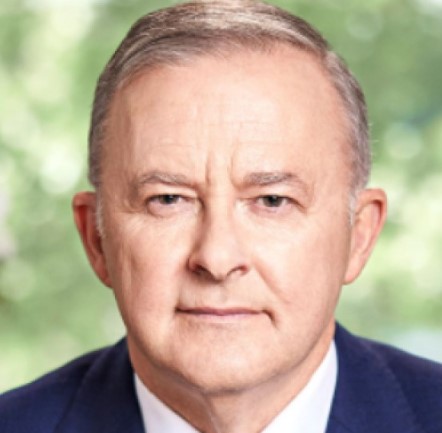
The major parties both received record low primary votes, but Mr Albanese pointed to voters in traditional blue ribbon seats putting independents as number one.
Deakin and Macnamara in Victoria and Gilmore in NSW are the three seats that remain close.
Labor needs 76 seats to gain a majority in the lower house of federal parliament, with the party sitting on 75.
Liberal MP Michael Sukkar is 655 votes ahead of Labor's candidate Matt Gregg in Victoria's Deakin electorate, which has recorded a roughly 4 per cent swing to Labor.
In Macnamara, incumbent Labor MP Josh Burns has taken a slight lead over his Greens rival Steph Hodgins-May with Liberal candidate Colleen Harkin trailing.
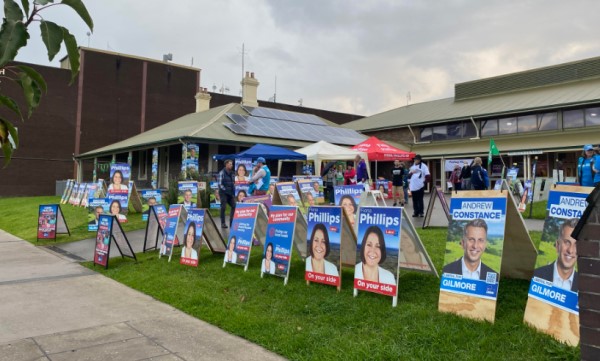
In NSW, sitting Labor MP Fiona Phillips is 214 votes behind Liberal candidate Andrew Constance in Gilmore, with postal votes slightly favouring Mr Constance
Even with Labor's final count in Parliament House uncertain, the party will hold a caucus meeting on Tuesday before its new ministry is sworn in on Wednesday.
The Greens have claimed victory in the Queensland seat of Brisbane, with sitting Liberal MP Trevor Evans relinquishing the seat to Stephen Bates after a tight contest between Mr Bates and Labor's candidate.
And Nationals deputy David Littleproud announced on Saturday he will run against Barnaby Joyce for the party's leadership.
Former veterans affairs minister Darren Chester has also put his hand up for the role.
The junior coalition partner will have its first post-election meeting on Monday where they will spill the leadership as per tradition.
Image: Anthony Albanese Facebook & Peter Andrea
- Details
- Written by Grant Broadcasters
- Category: Selected
- Hits: 182
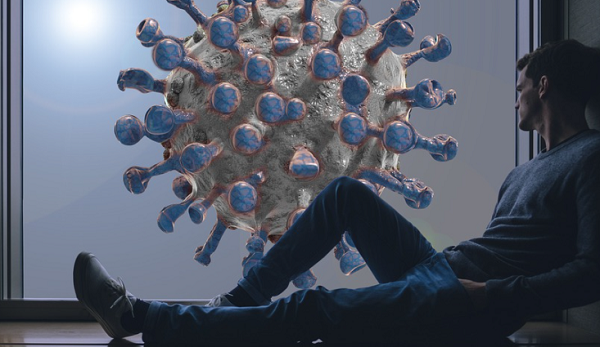
The nation reported 58 deaths along with almost 34,000 cases on Saturday.
There are currently almost 315,000 active COVID cases around the country, with more than 2700 patients recovering in hospitals.
Victoria reported more than 7300 new virus cases and 16 deaths on Sunday, while NSW recorded more than 6500 infections and four deaths.
Meanwhile, the effect of COVID-19 on children's education is not over, one of Australia's leading charities warns.
A survey from the Smith Family has found one in two parents and carers feel the pandemic is still making learning difficult for their children.
Roughly three-quarters of parents and carers worry about their children's future schoolwork and have struggled to help them during the pandemic.
Two-thirds say the virus has made it hard to start school this year.
The report comes as the charity kicks off its latest winter appeal, hoping to raise $5.4 million nationally to support 12,000 students through mentoring and after school programs.
Elsewhere, almost 600,000 Victorians have lodged pandemic rebate claims for pottery classes, museum exhibitions, winery lunches and other events in the month since they were offered.
More than a quarter of the applications have been for the theatre and performing arts, with Hamilton and Harry Potter and the Cursed Child most popular, says Tourism Minister Martin Pakula.
Cinema purchases accounted for 26 per cent of claims, while live music also featured prominently with 13 per cent of customers claiming for gigs.
The Victorian government launched the scheme on March 29.
"We are encouraging Victorians to take up this fantastic opportunity to get out, grab dinner, see a show and support some of the local businesses hardest-hit by the pandemic," Mr Pakula said.
LATEST 24-HOUR COVID-19 DATA:
Victoria: 7372 cases, 16 deaths, 507 in hospital with 30 in ICU
NSW: 6545 cases, four deaths, 1146 in hospital with 33 in ICU
- Details
- Written by Grant Broadcasters
- Category: Selected
- Hits: 207
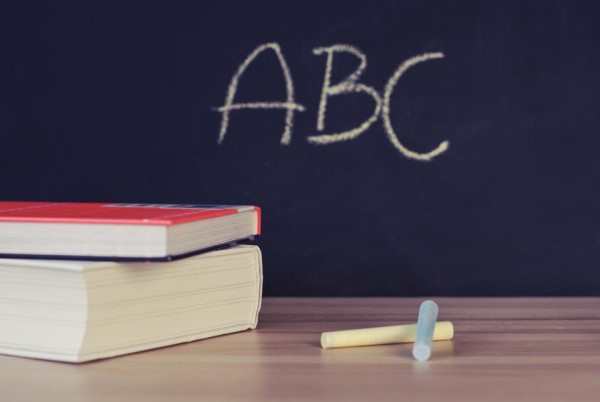
The effect of the COVID-19 pandemic on children's education is not over, one of Australia's leading charities warns.
A new survey from the Smith Family has found one in two parents and carers feel the pandemic is still making learning difficult for their children.
Roughly three-quarters of parents and carers worry about their children's future schoolwork and have struggled to help their children during the pandemic.
Two-thirds of parents and carers say the virus has made it hard to start school this year.
It comes as the charity kicks off its latest Winter Appeal, hoping to raise $5.4 million nationally to support 12,000 students through mentoring and after school programs.
COVID-19 has forced schools to shut their doors throughout the pandemic with experts worried about the long-term effects on students.
Teachers across the public and private sector have taken strike actions as they call for more pay and better conditions.
Smith Family chief executive Doug Taylor says disadvantaged students had been at risk of falling behind at school even before the virus arrived.
"We're seeing a widening educational gap reflected in the (NAPLAN) data and we're hearing directly from families that they're worried about their children's education," Mr Taylor said.
Meanwhile, the Victorian government says its COVID economic recovery is progressing well following the launch of its dining and entertainment program at the end of March.
Tourism Minister Martin Pakula says the program has already been a success, with over 580,000 rebate claims to date.
"This program is helping to build business and consumer confidence, support jobs and contribute to our state's continued economic recovery," he said.
LATEST 24-HOUR COVID-19 DATA:
Victoria: 8737 cases, 22 deaths, 540 in hospital with 32 in ICU
NSW: 7540 cases, 25 deaths, 1139 in hospital with 33 in ICU
© AAP 2022
Image: https://stocksnap.io/photo/school-books-S059QDGBOG (free image)
Page 37 of 191
